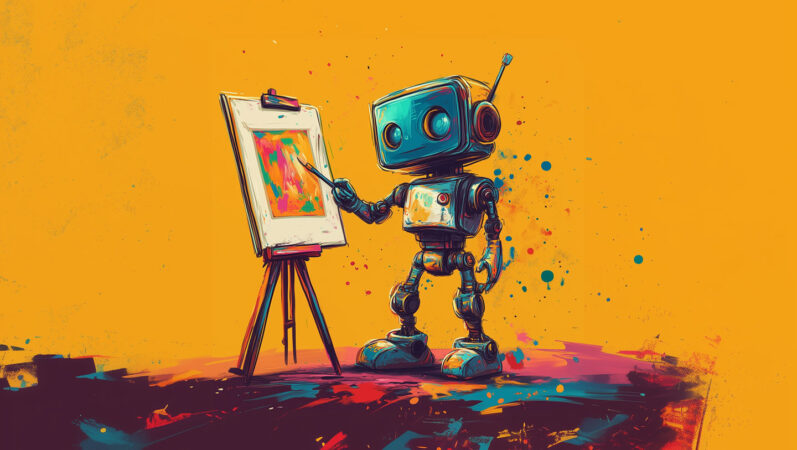
ad: Short for advertisement. It may appear in any medium (print, online or broadcast) and has been prepared to sell someone on a product, idea or point of view.
algorithm: A group of rules or procedures for solving a problem in a series of steps. Algorithms are used in mathematics and in computer programs for figuring out solutions.
artificial intelligence: A type of knowledge-based decision-making exhibited by machines or computers. The term also refers to the field of study in which scientists try to create machines or computer software capable of intelligent behavior.
bot: (short for web robot) A computer program designed to appear that its actions come from some human. The goal is to have it interact with people or perform automated tasks such as finding and sharing online information through social-media accounts.
chatbot: A computer program created to seemingly converse with human users.
Modern ones (such as Siri, Alexa, Ocelot and Sprinklr) can retrieve information over the internet about news events or classroom topics. Many even work as digital assistants to answer questions about purchases, products or scheduling on behalf of stores, pharmacies or banks.
code: (in computing) To use special language to write or revise a program that makes a computer do something. (n.) Code also refers to each of the particular parts of that programming that instructs a computer’s operations.
data: Facts and/or statistics collected together for analysis but not necessarily organized in a way that gives them meaning. For digital information (the type stored by computers), those data typically are numbers stored in a binary code, portrayed as strings of zeros and ones.
deep learning: A type of machine learning that is used by some computers. It relies on layers of neural networks, circuitry designed to function similarly to the human brain. Those networks sift through big sets of data to find trends. Each layer performs calculations and makes new predictions over and over. Then the system integrates what it’s learned to become “smarter” over time.
development: (in engineering) The growth or change of something from an idea to a prototype.
feedback: A response or assessment that follows some a particular act or decision. Or a process or combination of processes that propel or exaggerate a change in some direction. For instance, as the cover of Arctic ice disappears with global warming, less of the sun’s warming energy will be reflected back into space. This will serve to increase the rate of Earth’s warming. That warming might trigger some feedback (like sea-ice melting) that fosters additional warming.
generative AI: A class of artificial-intelligence models that use deep learning and neural networks to generate — create — texts, pictures, audio, computer code or video in response to a user’s request.
genre: A type or category of something. Often it’s applied to books (as in self-help genres, Westerns or romance), music (such as hip-hop or classical) or other media.
intelligence: The ability to collect and apply knowledge and skills.
meme: Any idea, phrase, image or aspect of culture that spreads from person to person — often virally — and usually via conversation or social media.
model: A simulation of a real-world event (usually using a computer) that has been developed to predict one or more likely outcomes. Or an individual that is meant to display how something would work in or look on others.
online: (n.) On the internet. (adj.) A term for what can be found or accessed on the internet.
pixel: Short for picture element. A tiny area of illumination on a computer screen, or a dot on a printed page, usually placed in an array to form a digital image. Photographs are made of thousands of pixels, each of different brightness and color, and each too small to be seen unless the image is magnified.
self-driving car: Also known as a driverless car or autonomous vehicle. These cars pilot themselves based on instructions that have been programmed into their computer guidance system.
technology: The application of scientific knowledge for practical purposes, especially in industry — or the devices, processes and systems that result from those efforts.
